
March 16, 2021
Dorothy Slater Eleanor Eagan Max Moran
Blog Post Climate and EnvironmentFinancial RegulationIndependent Agencies
FSOC 101: How Each Member Of The Financial Stability Oversight Council Can Fight Climate Change
Title 1 of the Dodd-Frank Act Title established the Financial Stability Oversight Council (FSOC) just over a decade ago. Prior to its arrival, there was no cross-agency government body tasked with protecting the financial system from systemic risks. FSOC was created to avoid repeating the mistakes of the 2008 financial crisis and to be a safeguard against financial practices with the potential to wreak global havoc.
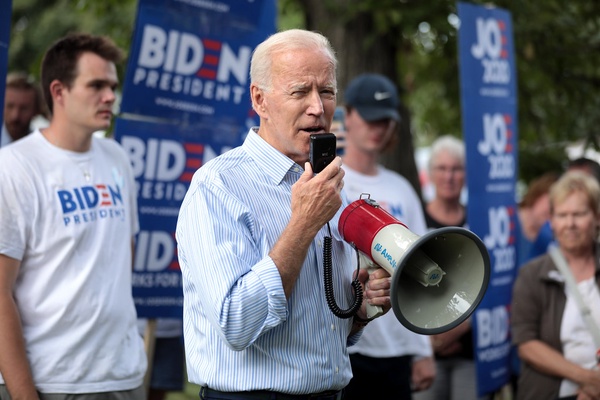
March 16, 2021
A Slam Dunk Climate Opportunity For Biden: Five Open Seats On The Federal Retirement Thrift Investment Board
President Biden is being presented with a straightforward, simple opportunity to make good on his promise to take a whole-of-government approach to fighting climate change. Appointing climate leaders who will take urgent climate action even if their job descriptions do not explicitly mention the environment is one of the easiest and most important ways Biden can display integrity.

March 10, 2021 | The American Prospect
Will Financial Regulators Act On Climate?
Lael Brainard and Janet Yellen have been talking the talk about climate risk, but not translating that into meaningful action. Our Dorothy Slater takes a closer look at what strong climate action from financial regulators would look like.

March 02, 2021
A Market-Driven Response to the Climate Crisis Means a Non-Response
Wall Street executives are digging in their heels against the prospect of divesting from fossil fuel investments. At a February event, they peddled the extremely dangerous and false theory that modern society can “rely on the power of markets” to decarbonize our climate-destroying economy.

February 26, 2021
Mark Zandi: The Worst Potential FHFA Regulator You’ve Never Heard Of
Almost every homeowner and most of the American mortgage-backed securities financial system is subject to the Federal Housing Finance Agency’s (FHFA) regulation. It oversees and guarantees the vast majority of mortgages bought and sold in the United States. The FHFA does this through quasi-public agencies, Fannie Mae and Freddie Mac, which buy mortgages from local banks that they bundle, chop up, and sell to investors. This arrangement ideally allows local banks to provide more and cheaper loans to potential homeowners by letting them sell their mortgage liabilities to the government, and gives investors access to relatively stable investment returns.

February 17, 2021
The Industry Agenda: Fossil Fuel
The fossil fuel industry is one of the most notoriously profit-hungry and planet-destroying sets of corporations to exist today. The “fossil fuel industry” includes oil, gas, (yes, even the “natural” kind), and coal companies, as well as subsidiary companies involved in the extraction processes for these materials: land and off-shore drilling, fracking, and underground and surface mining.
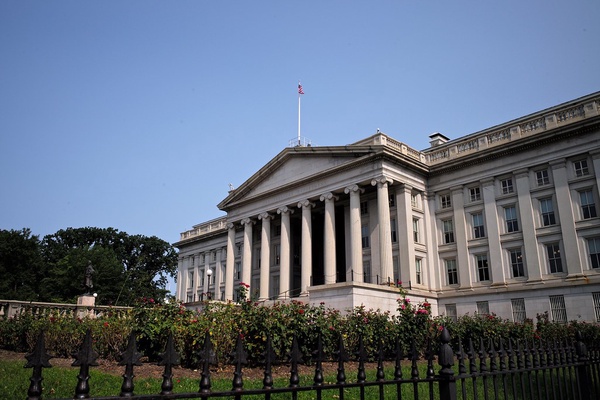
February 16, 2021
How A Little-Known Treasury Position Could Move Mountains For Climate Action
President Biden has promised to take a “whole-of-government” approach to tackling the climate crisis, and so far his appointees appear to be following suit. The National Climate Task Force met for the first time in a crowded zoom room last week, and Treasury Secretary Janet Yellen and International Climate Envoy John Kerry met earlier this month to discuss their “climate finance plan” to shift capital towards investments in line with a low-carbon economy.

February 11, 2021 | The American Prospect
The Trump Holdovers Biden Still Needs to Fire
Throughout several decades in the Senate, Joe Biden earned a reputation as an institutionalist. Extraordinary circumstances, however, are pushing the new president to cast aside many of his beloved norms when they fail to account for these exceptional times. In just a few short weeks, Biden has removed officials whose predecessors had never before been fired. And faced with predictable Republican obstruction on his signature pandemic response bill, he’s eschewed endless waiting for compromise in favor of budget reconciliation.

February 04, 2021 | American Prospect
Dorothy Slater Max Moran Timi Iwayemi
Op-Ed 2020 Election/TransitionClimate and EnvironmentDepartment of JusticeFinancial RegulationFintech
Even After The Cabinet Selections, Personnel Is Policy
As grinding as the cabinet fights have been, they’re only the first wave of the Biden administration’s personnel. Now comes a new stage of the transition, in which the newly-named secretaries choose their own undersecretaries and senior advisers. Although occupants of these positions typically operate outside the national spotlight, they still wield enormous power.

February 04, 2021
Biden's Newest Treasury Tax Appointees Delight and Disappoint
Some mixed news for progressive tax enthusiasts: Joe Biden’s administration has chosen both a committed progressive tax advocate and a Republican career expert in corporate tax avoidance for its first two appointees to the Treasury’s Office of Tax Policy. We’re now in a strange situation where experts who testified on opposite sides of the 2017 Tax Cuts and Jobs Act will now serve shoulder-to-shoulder.
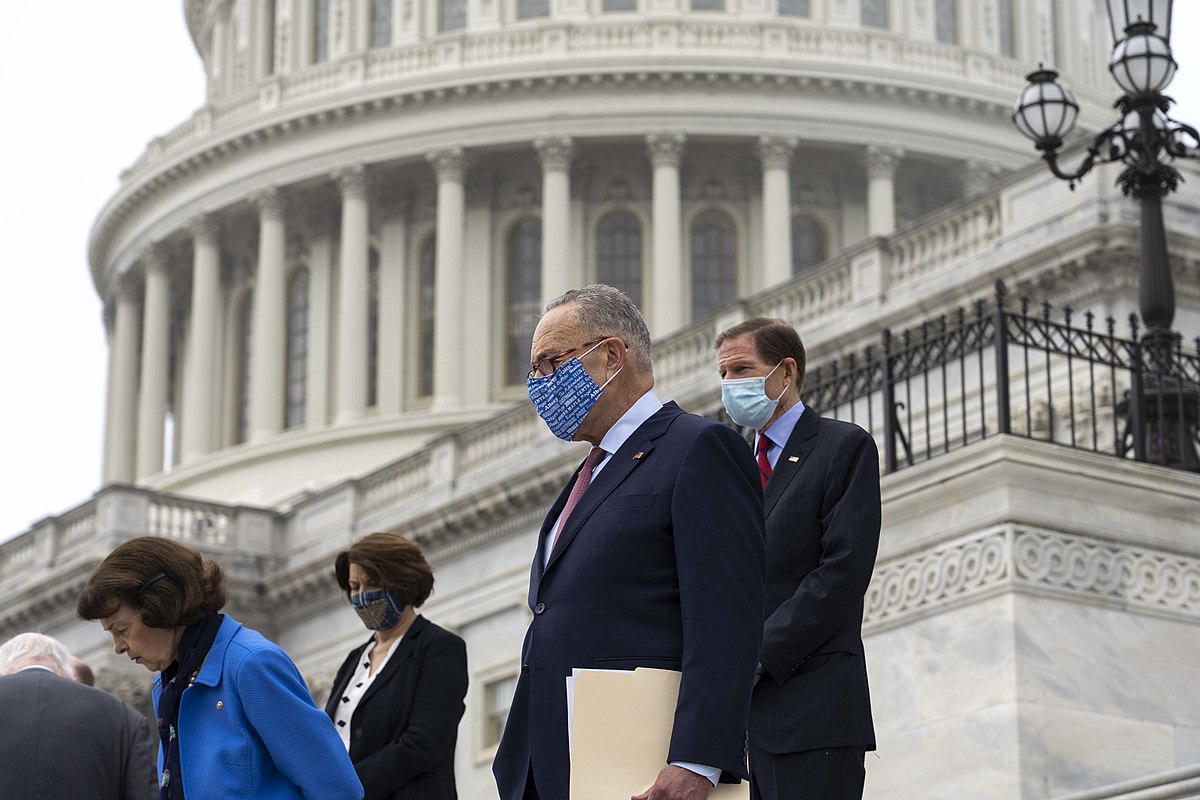
February 02, 2021 | Talking Points Memo
New Dem-Majority Senate Must Assess Financial Reg Appointees Through Climate-Tinted Lens
It is no longer tolerable to confirm nominees who lack awareness of the scale of our climate emergency and the immense work needed to address it across all aspects of American life.

February 01, 2021 | The Intercept
Robinhood Is A Perfect Example Of Fintech's Insidious Power
Fintech is neither inherently good nor bad; rather, like any technology, its potential impact on society is closely tied to the policy decisions guiding its use — and the next four years could define how much the fintech industry is able to shape the financial system. Left to their own devices, fintech firms could swindle average people through ill-advised day-trading or high-interest loans, usher new systemic risks into the financial system, and develop traceable, privately owned currencies with the potential to replace cash.
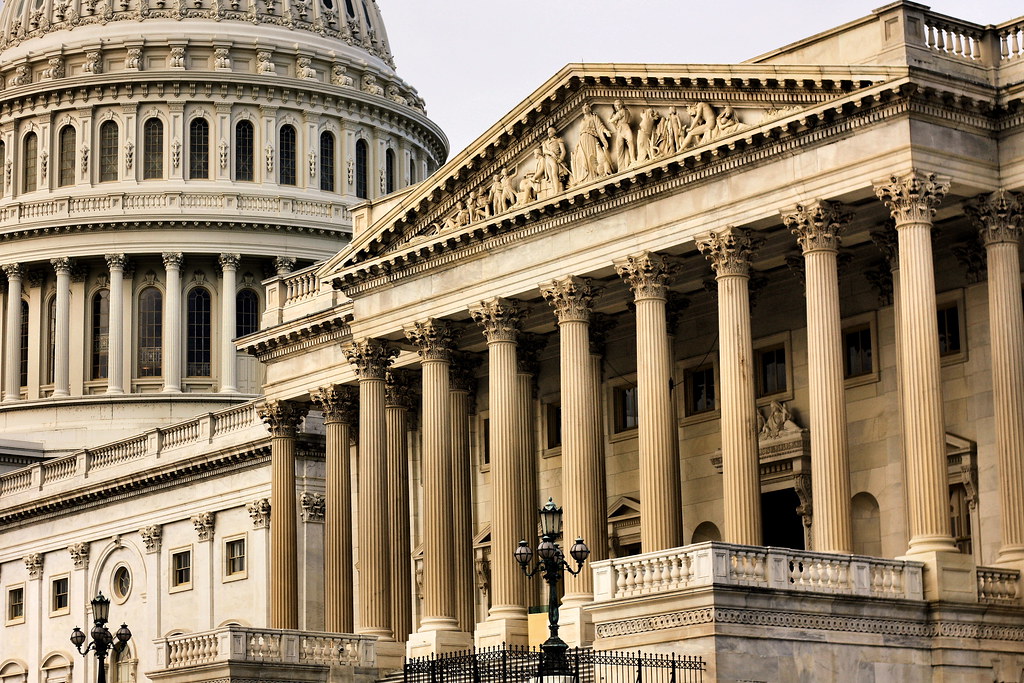
January 26, 2021
13 Questions Which Fintech-Tied Appointees Must Be Able To Answer
Lately, fintech-funded individuals like Michael Barr have been rumored for powerful financial regulatory positions, despite the fact that this would leave them in charge of decisions directly affecting the firms they advised.

January 26, 2021
Why The Next CFTC Chairperson Must Prioritize Climate Action Over Market Fads
Initially created to regulate futures derivatives on crops that had yet to be harvested, the Commodity Futures Trading Commission (CFTC) holds newfound possibility in the coming decade. It is absolutely crucial that a modern-day CFTC taps into the power it already holds to lead on climate action. Naturally, this necessitates a leader with a proven record of taking on corporate power. Any appointee should be prepared to advocate for the public interest, acknowledge the current reality of climate decay we find ourselves in, and creatively apply tools of the government to take immediate action.
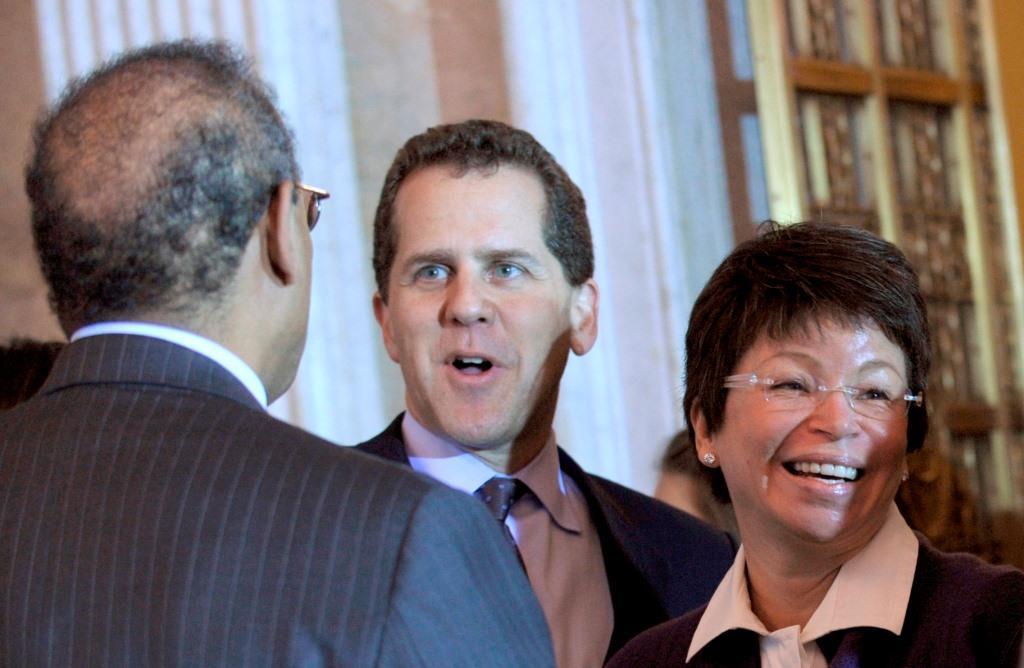
January 22, 2021
Department of the Obvious: Wall Street and FinTech Friendly People Should Not Oversee Federal Banking System
Racial Wealth Gap Expert Mehrsa Baradaran is an Alternative to Michael Barr, a Wall Street and Big Tech Ally.
